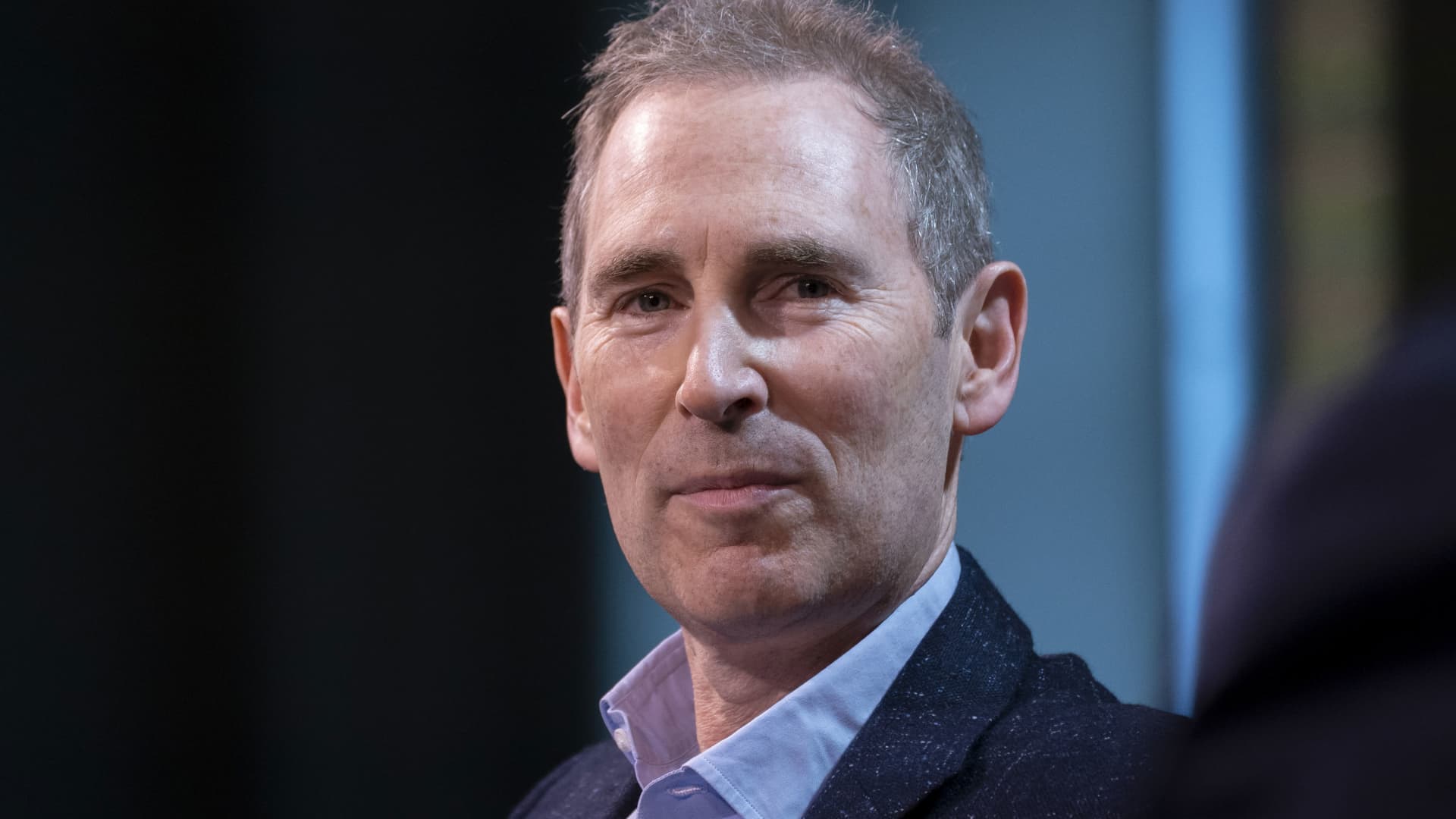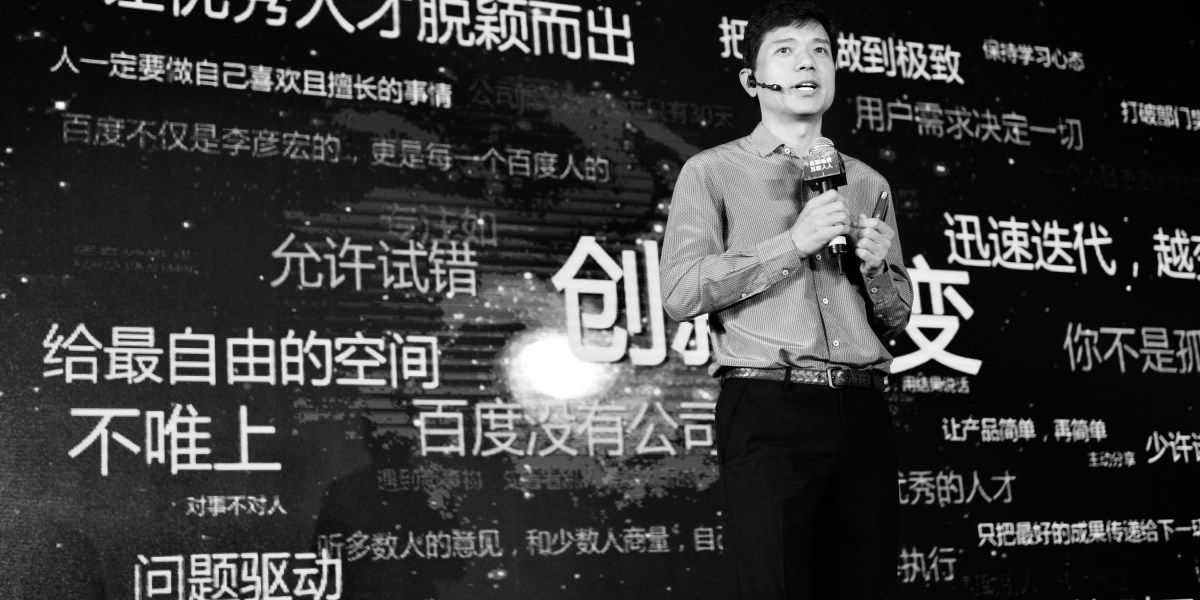The Download: how NYC tackles tough problems, and China’s AI standards

This is today’s edition of The Download, our weekday newsletter that provides a daily dose of what’s going on in the world of technology.
Why New York City is embracing low-tech solutions to hard problems
It’s a reality of politics that is often overlooked: once a law is passed, it needs to evolve from an idea into a plan with a budget and a staff, and from there it needs to actually reach the lives of millions of people. Moving from policy to implementation has always been a hard part of governing. Today it’s easy to assume technology can make it easier. But is that actually true?
New York City is something of a test lab for strategies to confront some big problems that plague the modern state. Akin to a country in the budget and bureaucratic complexity of its government, it is, and has been, dealing with the key question of how to make government work for people today. But it is finding that sometimes the solution to doing big things also involves doing a lot of small things, sometimes with the lowest tech possible. Read the full story.
—Tate Ryan-Mosley
Tate’s story is from the next magazine edition of MIT Technology Review, set to go live on October 25. It’s all about society’s hardest problems, and how we should tackle them. If you don’t subscribe already, sign up now to get a copy when it lands.
China’s plan to judge the safety of generative AI
Ever since the Chinese government passed a law on generative AI back in July, it’s been unclear how exactly China’s censorship machine would adapt for the AI era.
Last week we finally got some clarity. On October 11, the Chinese government released a draft document that proposed detailed rules for how to determine whether a generative AI model is problematic.
The standards document is very detailed: it sets clear criteria for when a data source should be banned from training generative AI. It also clarifies what companies should consider a “safety risk” in AI models. But, it’s important to remember, these standards are not laws. Read the full story.
—Zeyi Yang
Zeyi’s story is from China Report, our weekly newsletter covering tech and power in China. Sign up to receive it in your inbox every Tuesday.
This microbe-filled pill could track inflammation in the gut
The news: A blueberry-size pill that you swallow could let doctors measure signs of inflammatory bowel disease (IBD) in the gut, helping spot it earlier and measure its progression in real time.
How it works: The pill contains E. coli bacteria that have been genetically engineered to detect molecules that are produced in excess in the guts of people with IBD. A gene cluster was added to the bacteria that causes them to emit light when they are exposed to these inflammatory molecules. The pill also contains photodiodes, which can detect this light, and a radio chip that can transmit the signal outside the body.
Next steps: Following successful trials in pigs, the pill now has to be validated in humans to demonstrate that the sensors are able to detect the biomarkers in the concentrations that would be indicative of disease. Read the full story.
—Soumya Sagar
This is a subscriber-only story. If you haven’t already, sign up now to read it in full.
2023 Climate Tech Companies to Watch: ReNew and its ambitious clean energy projects
ReNew is playing a critical role in India’s energy transition by scaling up the nation’s renewable energy capacity, building energy storage infrastructure, and—it hopes—eventually producing green hydrogen. Read more about it, and read the rest of the list of Climate Tech Companies to Watch.
The must-reads
I’ve combed the internet to find you today’s most fun/important/scary/fascinating stories about technology.
1 Hamas is spreading propaganda through unmoderated social platforms
Telegram channels are rife with disturbing videos and images of the atrocities in Gaza. (WP $)
+ Banning Hamas from social media hasn’t prevented it from sowing fear. (NYT $)
+ Big Tech has abdicated its responsibility for the news. (New Yorker $)
2 AI factories are coming
Thanks to a new deal struck between Nvidia and Chinese phone maker Foxconn. (FT $)
3 China’s spies are hellbent on stealing from Silicon Valley
Today’s tech secrets are more compelling than political intel, according to the FBI. (NYT $)
+ How China built a one-of-a-kind cyber-espionage behemoth to last. (MIT Technology Review)
4 X is charging some users $1 a year to post
In yet another attempt to differentiate bots from real human users. (The Verge)
5 OpenAI is working on a new AI-generated images tool
Whether the tool really is 99% accurate, as it claims, remains to be seen. (Bloomberg $)
+ GPT-4 is still pretty easy to trick. (The Verge)
+ AI-text detection tools are really easy to fool. (MIT Technology Review)
6 Scientists are bugging the rainforest to protect it
Eavesdropping on creatures is a non-invasive way of keeping tabs on them. (Wired $)
+ Urban trees could be falling victim to unhealthy microbiomes. (New Scientist $)
7 New York City’s mayor has been making audio deepfakes of himself
His office has been making eerie robocalls of him speaking Spanish, Mandarin, and Yiddish, without the disclaimer it’s not actually him. (Motherboard)
+ AI voice actors sound more human than ever—and they’re ready to hire. (MIT Technology Review)
8 Even artists’ tech isn’t immune from becoming obsolete
And replacing long-discontinued hardware is becoming increasingly tricky. (NYT $)
9 Check out this amazing picture of Jupiter’s moon Io
It’s the best image we’ve captured in decades. (New Scientist $)
+ What’s next for the moon. (MIT Technology Review)
10 To build a better internet, we must focus on where we went wrong
We shouldn’t leave it up to the loudest, most polarizing voices. (The Atlantic $)
+ How to fix the internet. (MIT Technology Review)
Quote of the day
“If you’re able to build a rocket faster than the government can regulate it… that needs to be addressed.”
—Tim Hughes, SpaceX’s senior vice president, criticizes the US government’s sluggish regulatory processes, the Washington Post reports.
The big story
How AI is helping historians better understand our past
April 2023
Historians have started using machine learning to examine historical documents, including astronomical tables like those produced in Venice and other early modern cities.
Proponents claim that the application of modern computer science to the past helps draw connections across a broader swath of the historical record than would otherwise be possible, correcting distortions that come from analyzing history one document at a time.
But it introduces distortions of its own, including the risk that machine learning will slip bias or outright falsifications into the historical record. Read the full story.
—Moira Donovan
We can still have nice things
A place for comfort, fun and distraction in these weird times. (Got any ideas? Drop me a line or tweet ’em at me.)
+ Go on then—a list of all the great albums this year you may have missed (so far)
+ What could be better than tickling a friendly fox? 
+ This collection of photos of London through the ages is wonderfully nostalgic.
+ Drum machines will never not be cool.
+ Congratulations to Grazer, the fish-loving winner of this year’s hotly-contested Fat Bear contest!




